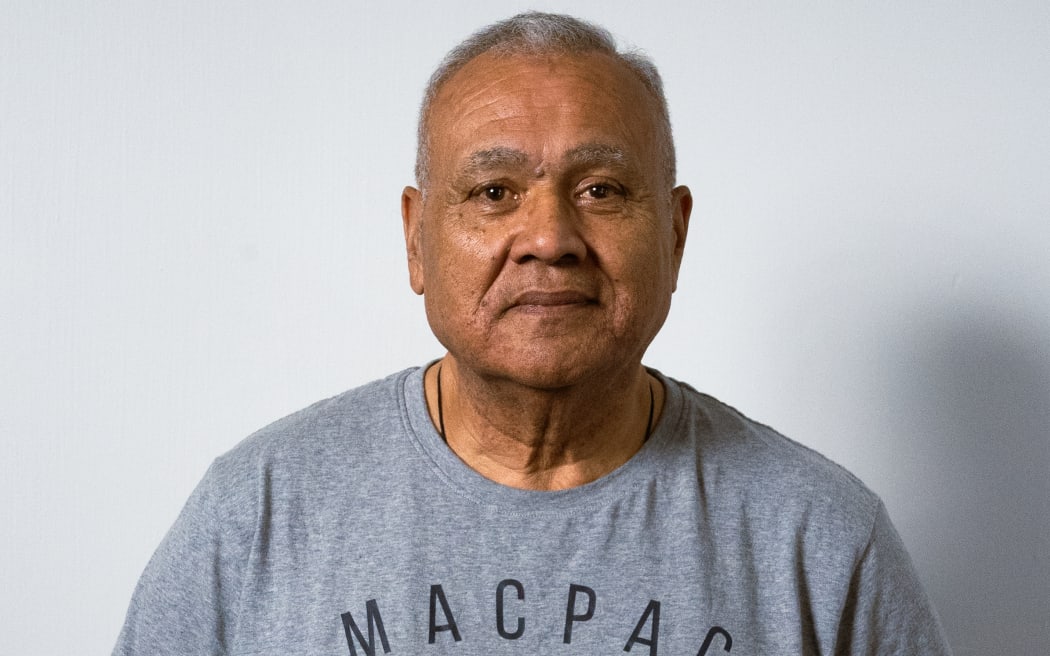
Rāwiri Rātu Photo:
A veteran alcohol harm reduction campaigner is fed up with "white saviors" telling Māori how to treat their own people.
Speaking at the Deep South Alcohol Harm Reduction Conference in Dunedin this week, Rāwiri Ratū urged non-Māori organisations which took funds from government contracts to give the money back so Māori organisations can use them better.
Ratū, lead claimant for the Wai 2624 (Alcohol Healthcare) claim, felt it was an important message to send.
"The instinct to go was because it was the heartland of the rednecks and because I hadn't been down there at all in terms of speaking about Māori kaupapa around waipiro (alcohol)," he said.
It was important to acknowledge the work Te Rūnanga o Ngai Tahu had done to address alcohol harm, making submissions to the Justice and Electoral committee in 2011 on the proposed Sale and Supply of Alcohol Bill, he said.
"I think the most important thing - and this must not be lost - is that Te Rūnanga o Ngāi Tahu were the leaders in making the initial submissions around the Sale and Supply of Alcohol Act. They were the leaders in this, bro. That inspired me, and it was an opportunity for me to go down there to acknowledge them and the people down there because what they started, I carried on."
Speaking at the event, Rātu gave a brief summation of Māori efforts to reduce alcohol harm, focussing on work around Fetal Alcohol Spectrum Disorder (FASD).
"... it is estimated that 50 percent of children in Oranga Tamariki care are affected by FASD, and Māori make up 59 percent of children in Oranga Tamariki care. It is very likely that a great proportion of those children in care who are affected by FASD are Māori."
He went on to speak about work by former Associate Health Minister Willow-Jean Prime and the establishment of Te Kaahui Taurikura, the FASD Māori Working Group.
"Te Kaahui aims to promote Māori innovation and development to reduce and eliminate alcohol harm in the areas of FASD and other alcohol-related harm. Te Kaahui mandate includes holding the health ministries accountable and ensuring they meet their Treaty obligations, among other things."
The event was held 18-19 March, the day after St Patricks' Day celebrations, and organised by Students for Sensible Drug Policy, a tertiary club that welcomes members from both Otago University and Otago Polytechnic.
While the event was hosted by students, Ratū's kōrero was aimed directly at the community groups, charities and non-profit organisations in the room.
"We've been hearing a lot of the NGOs who have been involved in the reduction of waipiro harm. The same stories just get trundled out, the bad stories, the negative stories. 'The Crown won't do this; the Crown won't do that'.
"I was asked to go down there [and speak about] how has alcohol impacted Māori historically? I don't want to talk about that! We know that story, I want to start focussing on the positive stuff that Māori have achieved in a relatively short time."
The reaction to his kōrero was like he "shot them between the eyeballs... they were like stunned mullets," he said.
The Wai 2624 Claim, brought forward by Ratū, focusses on failures of the Sale and Supply of Alcohol Act 2017.
It argues the Act completely omits any reference to the Treaty of Waitangi and fails to address the proliferation of alcohol wholesalers in Māori areas and neighbourhoods.
The claim was yet to be heard.
Ratū has been collecting kōrero and accounts from Māori communities as part of his work with Kookiri ki Taamakimakaurau Trust, a kaupapa Māori organisation set up to eliminate waipiro harm.
He argues non-Māori organisations do not have cultural competency to handle Māori harm.
"I cried... that's how intense the pain was. You try and convey that to a Pākehā audience - you can't. I refuse to! That's who I am as a Māori, we feel the pain. Whereas Pākehā look at that in a theoretical sense, what they may look like, they make assumptions.
"They will never understand the depth of that pain. They look at it from a individual level and they don't understand that it impacts our total whānau, our whole wellbeing," he said.





